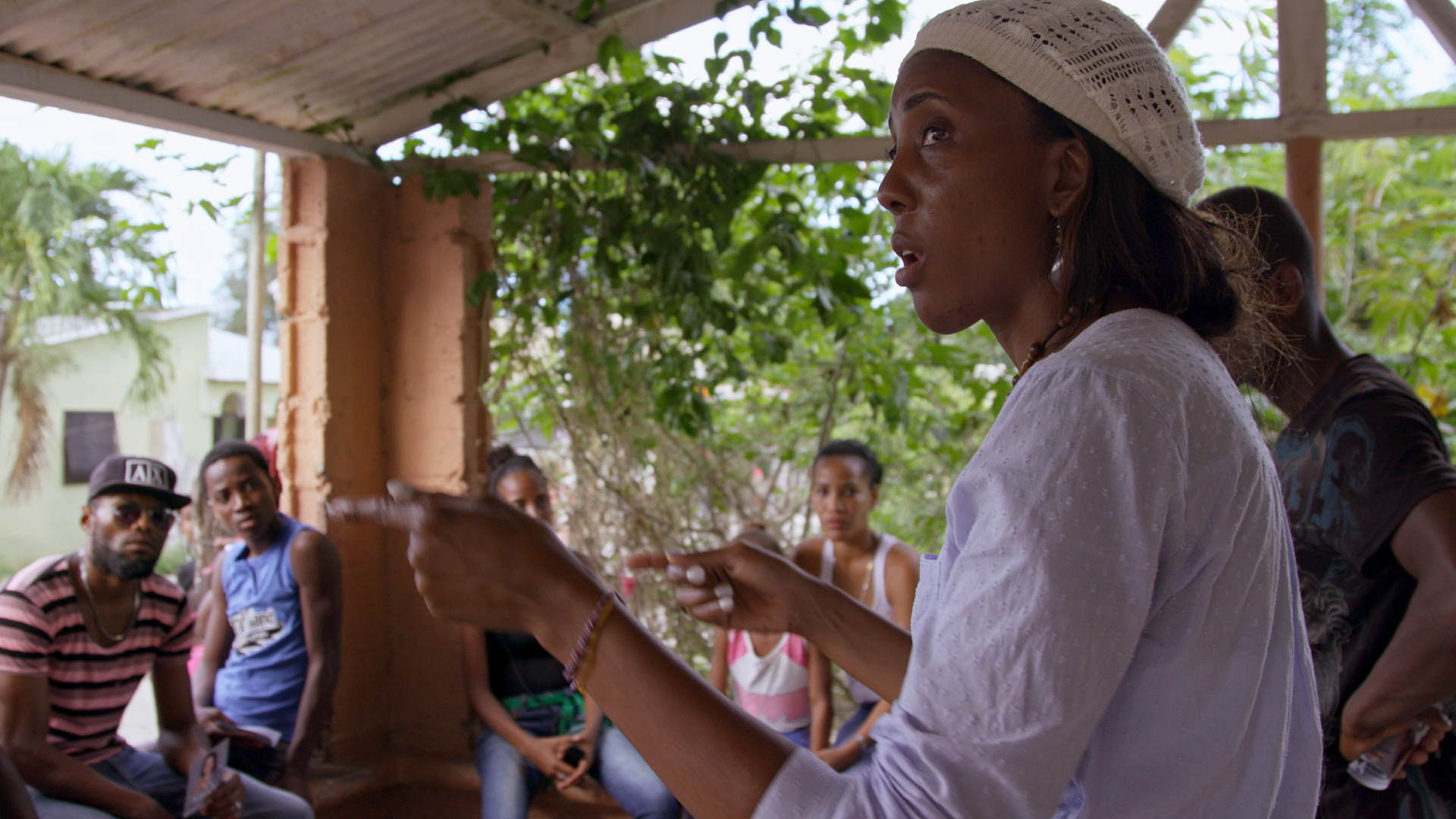
Stateless Discussion Guide
At a glance
Film summary
Introduction
This guide is an invitation to dialogue. It is based on a belief in the power of human connection and designed for people who want to use Stateless to engage family friends, classmates, colleagues, and communities. Conversations that center politics, race, land/space/belonging and identity can be difficult to begin and facilitate, but this guide is meant to support you in sustaining conversations around identity, activism, politics, colonialism, racism and community organizing. In contrast to initiatives that foster debates in which participants try to convince others that they are right, this document envisions conversations undertaken in a spirit of openness in which people listen actively and share divergent viewpoints with care and respect.
This guide is designed for people who want to use Stateless to engage family, friends, classmates, colleagues and communities in dialogue around issues presented in the film. This discussion guide is meant to inspire people with varying degrees of knowledge about these topics to enter the conversation and hopefully stay in the conversation in order to impact change and awareness.
About the Authors
Maureen Nicol is a Doctoral student at Columbia University studying Early Childhood Education and the Founder and Director of Camp Story – a pop-up arts camp based on the continent of Africa. Her background is in teaching and education. Maureen is committed to working with young children and educators to ensure every child and teacher knows their value, worth and power. Maureen’s research and work interests have always always situated children of color but specifically young Black girls. Her ultimate goal is to make schools safer places for young Black girls with the idea of safety being articulated based on the terms and articulations of Black girls. Maureen is also researching and building curriculum for young girls (specifically young girls of color) on how they can be seen themselves as feminists using arts integration. In her free time, Maureen enjoys going on long walks with her dog, baking and maxing out her library card with good reads.
 The Body Politic Discussion Guide
The Body Politic Discussion Guide  Twice Colonized Discussion Guide
Twice Colonized Discussion Guide  Songs of Black Folk
Songs of Black Folk  The People Could Fly
The People Could Fly